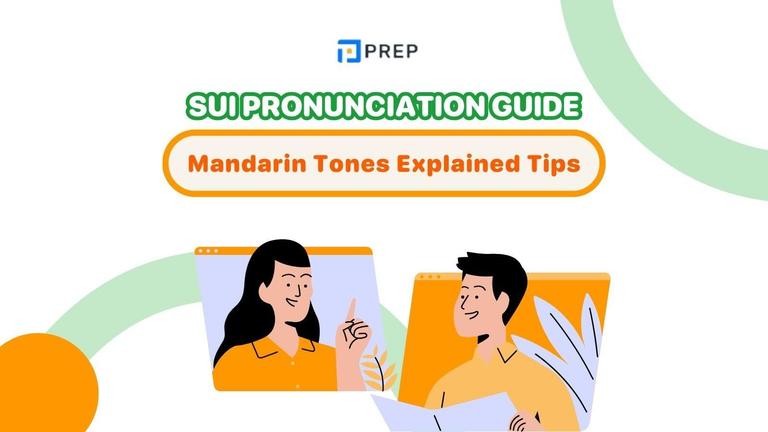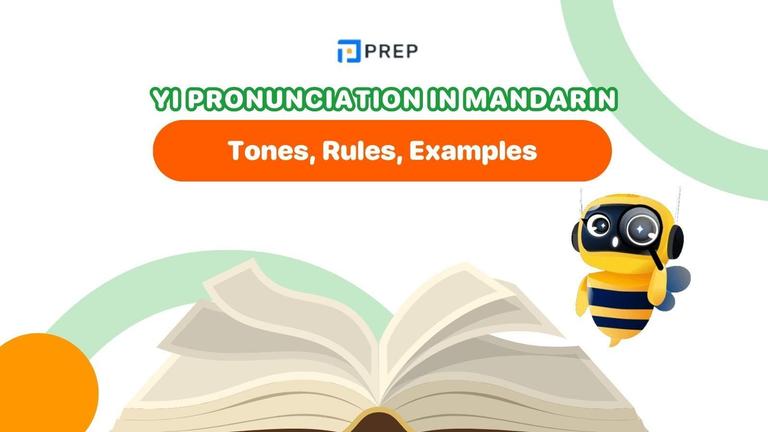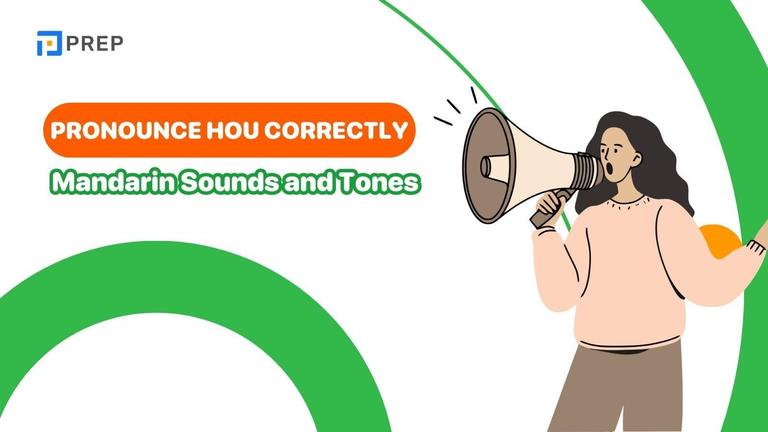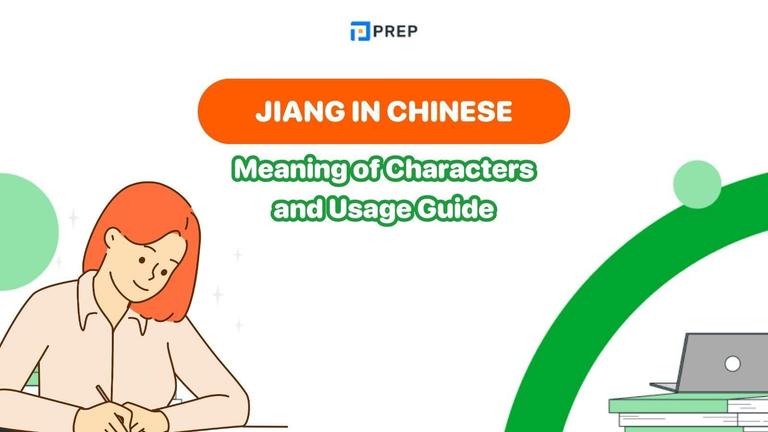Sample IELTS Speaking Part 2, 3: Describe an electronic device
As life evolves, technology devices have become increasingly prevalent in our daily lives. We all use numerous technological devices to enhance our lifestyles. Therefore, when asked to "Describe an electronic device," you'll likely find it a breeze. Check out the article below to see which technology device the teachers at PREP have described!
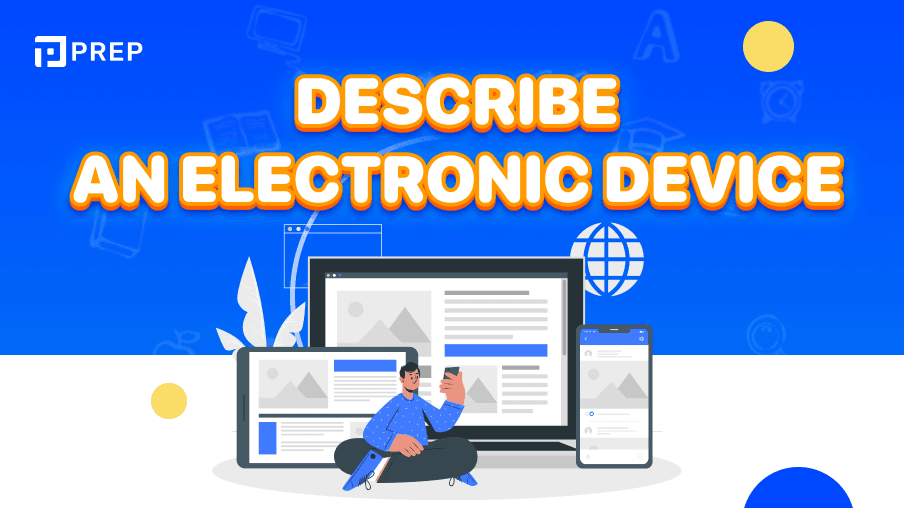
I. IELTS Speaking Part 2 question and answer: Describe an electronic device
1. Cue card: Describe an electronic device
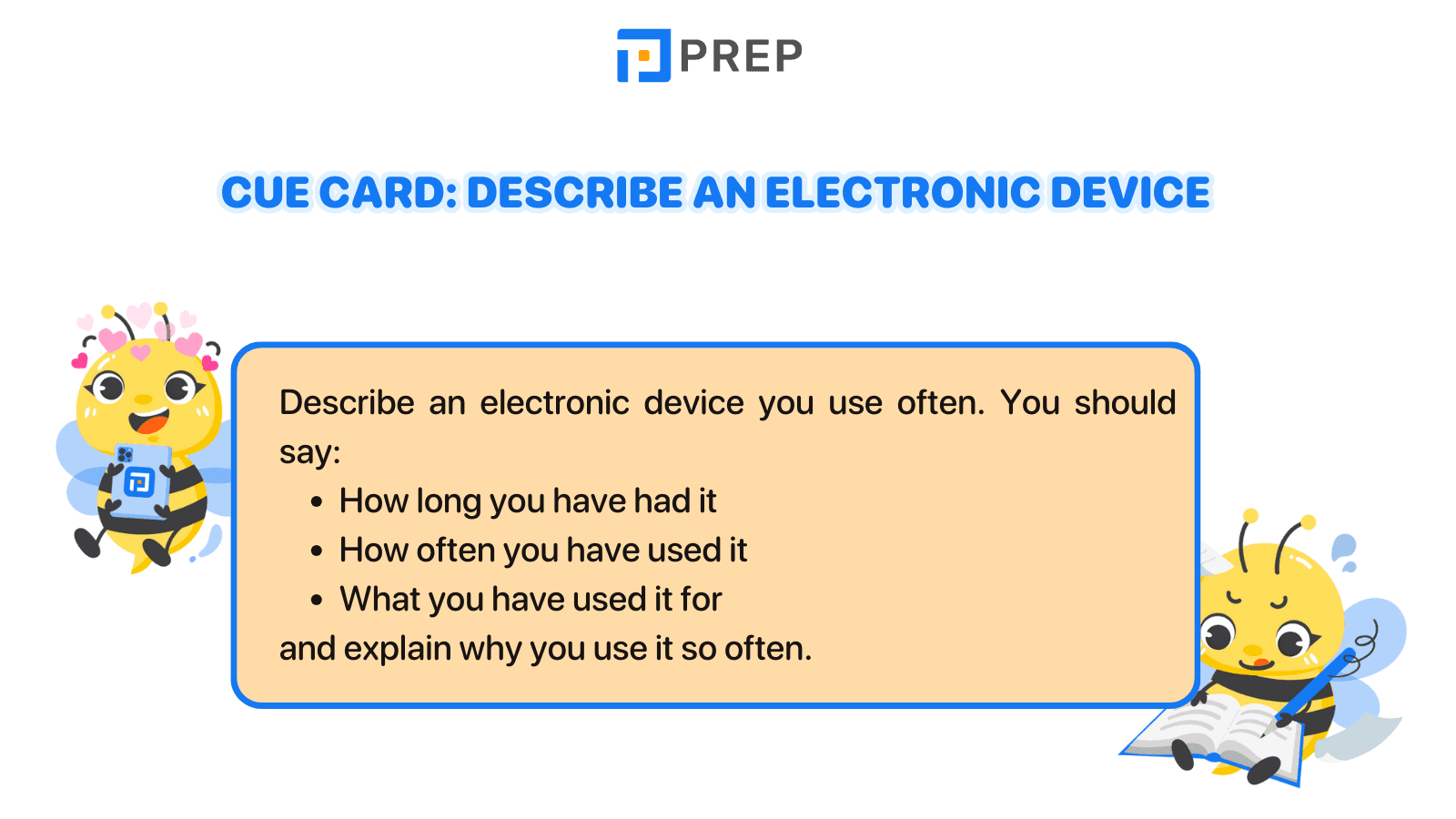
2. Outline: Part 2
2.1.Sample idea
-
For the task "Describe an electronic device you use often", most people will choose to talk about a mobile phone or a computer, as these are the products used most frequently. However, to make a more impressive impression in terms of ideas, we can talk about something else, for example, a pair of headphones.
-
For the question about how long you have used the device and how often you use it in the "Describe an electronic device you use often" task, we can summarize it in about 3 sentences in the introduction, as this is not the main focus.
-
Before talking about the functions of the headphones, we can describe the design and color, along with our personal feelings. However, we should not get too bogged down in listing the technical specifications, as the last part is about the reason why we use this device.
-
For the headphones, choose the most outstanding features that help us study and entertain, along with the conveniences the device has provided. In the "Describe an electronic device you use often" task, we can go into more depth about how it supports music listening.
-
To conclude the "Describe an electronic device you use often" task, we can express our overall impression of the headphones and whether it is worth using or not.
2.2. One-minute note taking
|
One-minute note-taking for the topic “Describe an electronic device” |
|
|
|
|
|
|
➡ Conclude: worth the investment |
|
3. IELTS Speaking Task 2 samples: Describe an electronic device
Below is a sample IELTS Speaking Part 2 answer on the topic "Describe an electronic device". Review it right away to practice IELTS Speaking at home effectively!
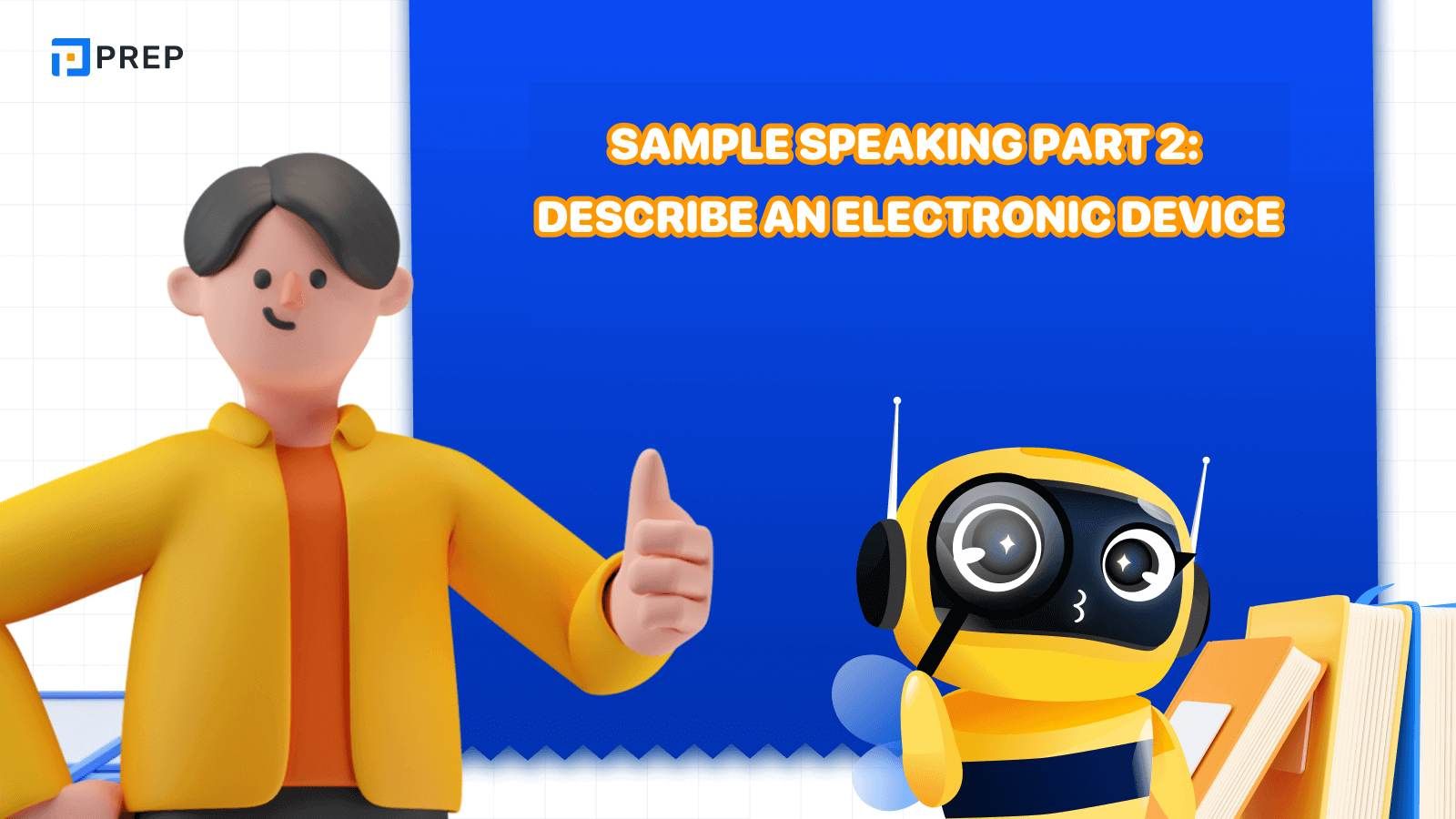
Let's take a look at the IELTS Part 2 Speaking examples "Describe an electronic device":
When it comes to a technological device that I use more than often, I would say it’s my Sony headphones. It’s a circumaural type that covers the whole ears in order to prevent sound leakage. I think I've had this device for about one year. Actually, these headphones were quite pricy, so it took me a considerable amount of courage to spend a month of my income to own one.
From the outside, the headphones have a typical look with a plastic cover in full black, but the plain design doesn’t make the gadget less valuable. Honestly, I bought it because it had the best noise - canceling technology at the time that blocks all the noises at the back. Thus, sometimes, I can gain better focus when studying.
Moreover, apart from using it for educational purposes, the headphones also support hi-resolution audio, which sufficiently satisfies a music lover like me when I can enjoy the supreme quality of songs every day. One thing that I like the most about this product is that it has an equalizer that adjusts the sound fit to my preference. As a result, whether I want to listen to the vocal of the singer's vocals crystal clear or fully appreciate the pounding bass is not a problem anymore.
Another excellent function of the headphones is the touch sensor enabling me to swipe the right ear to raise the volume or switch to other songs without using the phone.
To conclude, I think this device is worth the investment as it gives marvelous musical experiences.
Immediately note down the vocabulary used in the sample essay "Describe an electronic device" in your vocabulary notebook to quickly become familiar with and apply it in the real exam:
-
Circumaural (adj): covering the ears
-
noise-canceling (adj): canceling out noise
-
hi-resolution audio (n): high-resolution audio
-
Supreme (adj): excellent, of the highest quality
-
Equalizer (n): a device for adjusting the relative volume of different sound frequencies
-
crystal clear: extremely clear
-
Pounding (adj): rhythmic and forceful
-
Touch sensor (n): a sensor that detects touch
II. Sample IELTS Speaking Part 3: Smartphone
Let's listen to the Podcast of the IELTS Speaking Part 3 sample essay - "Smartphone":
1. When should parents allow their children to have a phone?
Personally, from primary school, parents should let their children use a feature phone so that they can make emergency calls as well as stay in touch with their peers. When the offspring step into the next stage, secondary school, they should be introduced to smartphones as I believe that they are likely to use even more cutting edge technology in the future to work.
Getting them to understand how to use it efficiently and apply the conveniences in their study will be the solid foundation for their future career.
-
Feature phone (n): a basic mobile phone used primarily for making calls and sending text messages
-
Peer (n): a friend, classmate, or colleague
-
Cutting edge (adj): highly advanced and innovative
-
Convenience (n): the state of being able to proceed with something with little effort or difficulty
-
Solid (adj): firm, stable, and reliable
-
Foundation (n): the basis on which something is constructed or developed
2. Can phones be disruptive sometimes?
From what I have seen, there is a common occurrence that after around 4 to 5 years of usage, phones would have a few bugs. The most discernible one is that the phone would have a worn out battery. It may shut down at anytime that the user cannot predict. Another issue is that the biometric system will not be as sensitive as it was in the original state. To me, it’s a sign that people should purchase a new.
-
Occurrence (n): an event or incident
-
Bug (n): a software error or defect
-
Worn out battery (n phr): a battery that has degraded over time and no longer holds a full charge
-
Biometric (adj): relating to or using measurable biological characteristics for identification or verification purposes
3. Are people often impolite while using their phone?
There are sure people who do not have certain social etiquette when they use their phone. For instance, shouting at the phone in an elevator could be considered as the public enemy number one. Sometimes, there are cases when people too drawn into their phones, they will accidentally make somebody tumble. However, I think these situations are rare.
-
Social etiquette - The customary code of polite behavior in society or among members of a particular profession or group.
-
Public enemy number one - The person or thing regarded as the greatest threat or source of trouble to a community or organization.
-
Drawn into sth - Attracted to or involved in something, often unwillingly or inadvertently.
-
Tumble - To fall or roll in an uncontrolled way.
-
Rare - (of a thing) not found in large numbers and consequently of interest or value; unusual.
III. Conclusion
This article has provided the most complete IELTS Speaking Part 2 + 3 sample topic: Describe an electronic device. Hopefully, you have more ideas to do this IELTS Speaking task. If you want to practice IELTS with a clear roadmap, please refer to the IELTS preparation course at prepedu.com.

Hi I'm Chloe, and I am currently serving as an Product Content Administrator at Prep Education. With over five years of experience in independent online IELTS study and exam preparation, I am confident in my ability to support learners in achieving their highest possible scores.
Comment
Premium content
View allPersonalized roadmap
Most read





